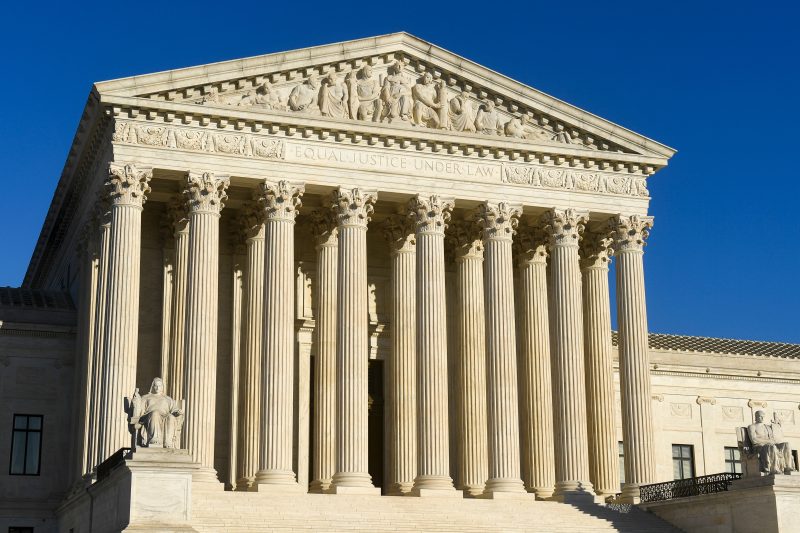The recent decision by the Supreme Court to maintain a block on President Biden’s new Title IX regulations in several states has sparked intense debate and raised concerns regarding the future of these guidelines. Title IX, a federal law that prohibits discrimination based on sex in any federally funded education program or activity, has been a subject of contention over the years, with changes in administration often leading to shifts in policies and enforcement.
The Biden administration had introduced new regulations aimed at strengthening protections for survivors of sexual assault and harassment on college campuses, which included enhancements to the definition of sexual harassment and the procedures for Title IX investigations. However, the regulations faced pushback from several states, leading to legal challenges that culminated in the Supreme Court’s decision to maintain the block in certain jurisdictions.
This development has significant implications for how colleges and universities across the country handle cases of sexual misconduct under Title IX. The regulations proposed by the Biden administration sought to provide more robust protections for survivors and establish clearer guidelines for schools to investigate and adjudicate such cases. By keeping the block in place, the Supreme Court has effectively halted the implementation of these changes in the affected states, leaving a patchwork of varying policies and standards in place.
Critics of the Supreme Court’s decision argue that it undermines efforts to address the pervasive issue of sexual violence on college campuses and could potentially result in a less consistent and comprehensive approach to addressing Title IX violations. They contend that maintaining the block on the new regulations hampers progress in creating safer and more equitable educational environments for all students.
On the other hand, proponents of the court’s decision point to concerns about due process rights for the accused and the need for clear, fair procedures in investigating allegations of sexual misconduct. They argue that the Biden administration’s regulations may have tilted the scales too far in favor of survivors, potentially infringing on the rights of the accused and creating a system that is not adequately balanced.
Moving forward, the Supreme Court’s decision to keep the block on Biden’s new Title IX regulations highlights the ongoing challenges in finding a nuanced and effective approach to addressing sexual misconduct on college campuses. It underscores the need for continued dialogue and collaboration among policymakers, educators, advocates, and stakeholders to develop policies that strike the right balance between protecting survivors and ensuring fair treatment for all parties involved.
As the legal and regulatory landscape surrounding Title IX continues to evolve, it is crucial for institutions of higher education to stay informed and adapt their policies and practices to comply with the latest guidelines. Ultimately, the goal should be to create a campus environment that is safe, inclusive, and respectful for all students, free from discrimination and harassment based on sex.
